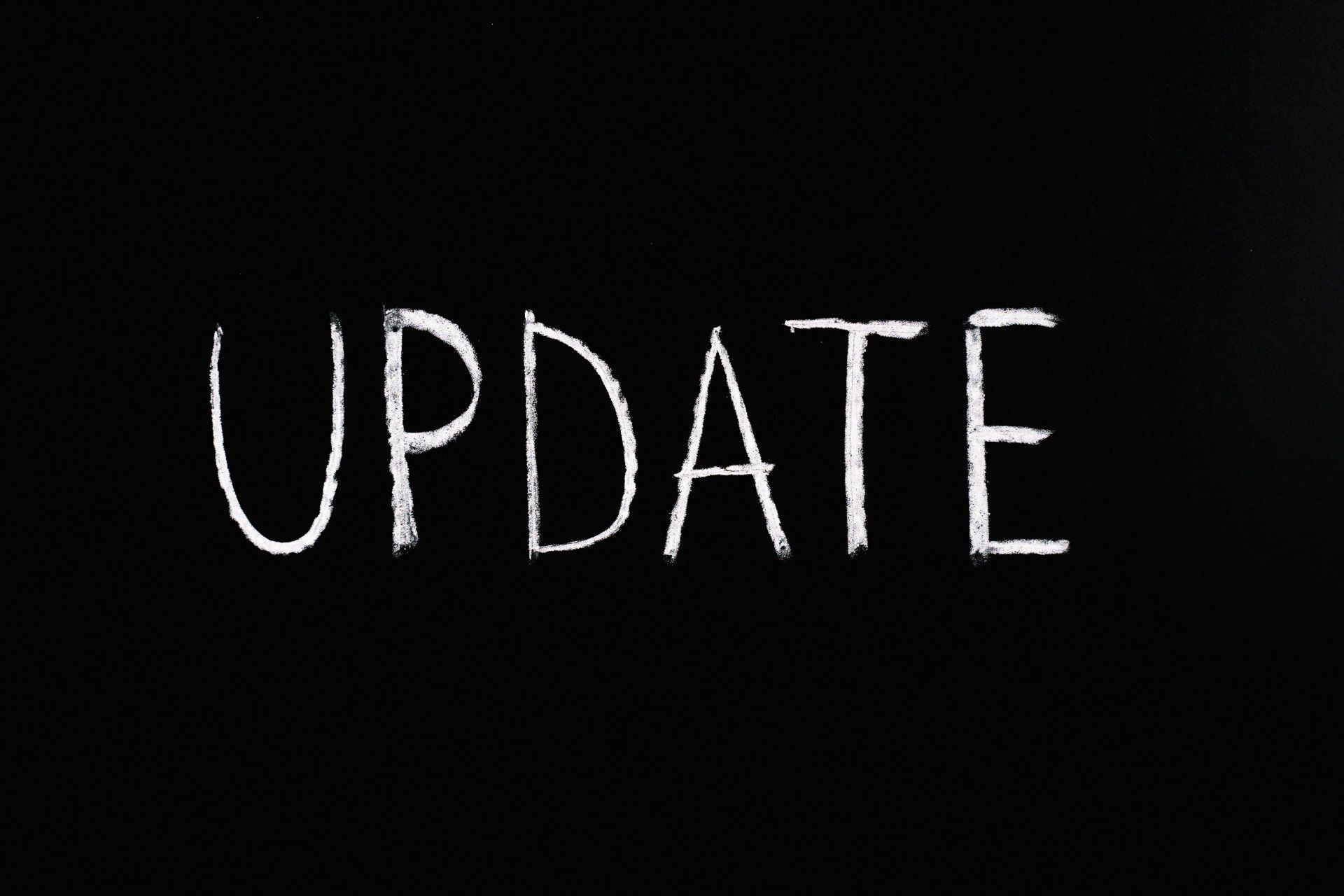Making a Budget for your Financial Goals in 2021
Ask Yourself Hard Questions
As you start planning make sure to think about what you want financially in 2021 and beyond. Budgeting and planning for your short-term and long-term financial goals shouldn’t be a daunting task.
Thinking about what you want in terms of financial goals can be a hard question to ask yourself and potentially a scary question to answer. Start with the big and scary goals and work backwards. So, say your big, can barely imagine it goal is to own a home. Okay cool, now answer some more questions and break that down. What is your current financial situation? What kind of home do you want? Do you have a deadline for this goal? How much would you need to save to realistically be able to pull it off?
Maybe your goal is to pay off your student loans. How long will that take? Can you pay more to shorten that time? Where can you save?
Maybe you want to splurge on something nice like a new TV. Or maybe you want to build up an emergency fund. Maybe you just want to get a better hold on your finances.
Whatever your financial goals are, write them down. You’re far more likely to accomplish them if you consistently see them in front of you.
Get Real About Your Financial Goals
Every goal, financial or not, requires you understanding what it will take to get there. Some may have you believe that the new car they just bought took little effort and no pain, but that’s never the case. Getting real about your current financial situation and what your goals entail helps you set realistic and achievable goals.
What It Really Costs To Buy A House
Not everything is as it seems; it’s imperative to understand the costs associated to your end goal so nothing takes you by surprise. New homeowners often say they didn't know about the fees associated with buying a house or didn't fully understand all of their financial options so they pushed their goal of homeownership out further than necessary. Below we break down the costs associated with buying a house that you may or may not have thought about.
- Down Payment - As we’ve said before, you don’t need to put down 20% in order to buy a home. That misconception could delay your home buying process by years, and that’s 100% avoidable. Read more about home buying myths here
- Mortgage Closing Costs - Closing costs consist of most of the costs that go into obtaining a mortgage. This includes fees paid to settlement service providers such as lawyers or closing agents, upfront fees such as mortgage insurance premiums and/or homeowners insurance premiums.
- Moving Costs - Are you going to hire a mover? Do you need to buy furniture for your new home? Make sure when you’re thinking about your home-purchase budget, you account for things you need aside from buying the actual home.
- Home Maintenance - Buying a house is an incredible way to build wealth but unfortunately things do break now and then. You need to budget for home repairs as they arise.
Start Budgeting
No matter what your goals are you must have a plan in place to achieve them. Sit down and write out a budget. Acknowledge every expense you incur monthly, so you know just how much expendable income you have to save towards your financial goals.
Give yourself two-to-three months to track your monthly expenses and notice patterns. Once you have a better idea of how much is coming in versus how much is going out, and you’ve decided on your goals, it’s time to make your budget. Cut where you can and commit to it. Sticking to a budget is hard. It’s a new habit you aren’t used to and may leave you feeling a bit restricted. Remember, you don’t need to be perfect and it will take some time to get used to. It takes 21-days to establish a habit and 90-days to make it a regular part of your life.
There are many ways to budget and you may need to try several different methods to find the perfect one for you. Looking for a place to start? Download our free budget sheet and quick tips here!
Once you have a good idea of what your financial goals are and how you'd like to budget for them, let’s work towards them together!
Share This Article





